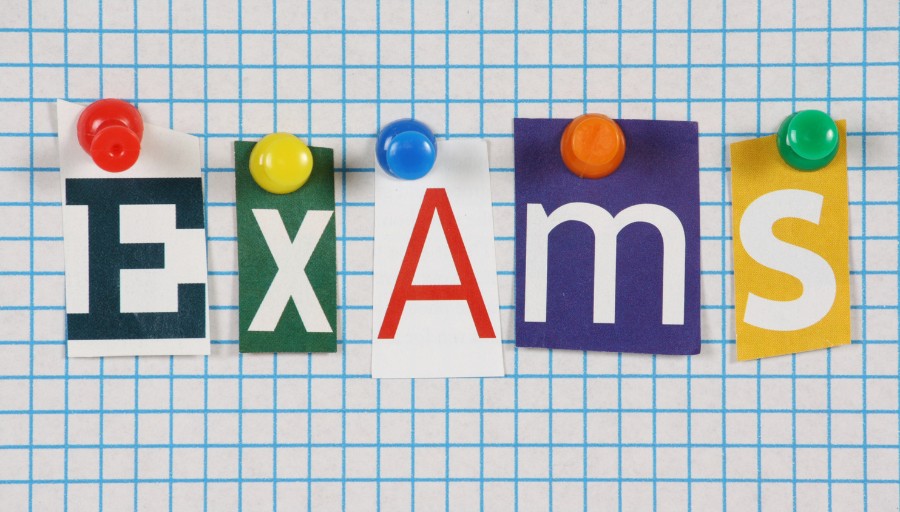
For many students in Singapore, sitting for the Physics practical examination may be a nerve-racking experience for many good reasons, such as a lack of practice. Students may not have the opportunity to access practices for practical exams as often as they like compared to other papers, resulting in a lack of confidence during the actual examination. Moreover, the practical exam takes up 20% of the assessment, which may seem insignificant compared to other papers but could make or break your overall grade.
That said, know that it’s possible to gain confidence for your ‘O’ Level Physics practical exam and achieve your desired grade with these essential tips:
- Go back to the basics.
Keep in mind that you will need a strong understanding of fundamental Physics concepts to conduct an experiment successfully. Review your notes and check your knowledge of core concepts within each chapter before each Physics practical session. Taking note of the critical keywords under each topic will also be helpful when it comes to identifying the concepts involved in the experiment.
- Study the standard experiments related to each chapter.
Go through each chapter and study the standard experiments that fall under it. Please take note of the concepts, formulas and essential steps required in each experiment, and make it a point to understand the logic behind the steps. Familiarising yourself with the types of experiments related to each topic can not only help you identify the correct theories and formulas needed for the experiment but also carry out the experiment with confidence and accuracy.
- Review past practical papers.
Going through past school and ‘O’ Level Physics practical papers can give you a better idea of experimental objectives that are commonly tested, the overall format and how you’re expected to answer the questions. You may also want to pay attention to possible variations of similar experiments and the underlying concepts involved.
- Familiarise yourself with the equipment.
Getting to know the relevant Physics laboratory equipment like the back of your hand is an essential but often overlooked step when preparing for your practical exam. By familiarising yourself with the equipment and how to use them, you can save yourself from panic and confusion during the exam. Do also make it a point to take note of the safety precautions associated with each piece of equipment, as they will be critical in ensuring the success of your experiment and overall practical exam.
- Don’t rush to begin the experiment.
While time is of the essence, avoid rushing into the experiment. Make sure to take your time to read the instructions thoroughly before you begin. You may also want to go through the experimental set-up and required steps briefly in your head to ensure that you’ve understood the requirements and objectives of the experiment. Keep in mind that there can be variations of standard experiments that you’ve studied and prepared for, so make sure to read the instructions carefully to avoid conducting the wrong experiment.
